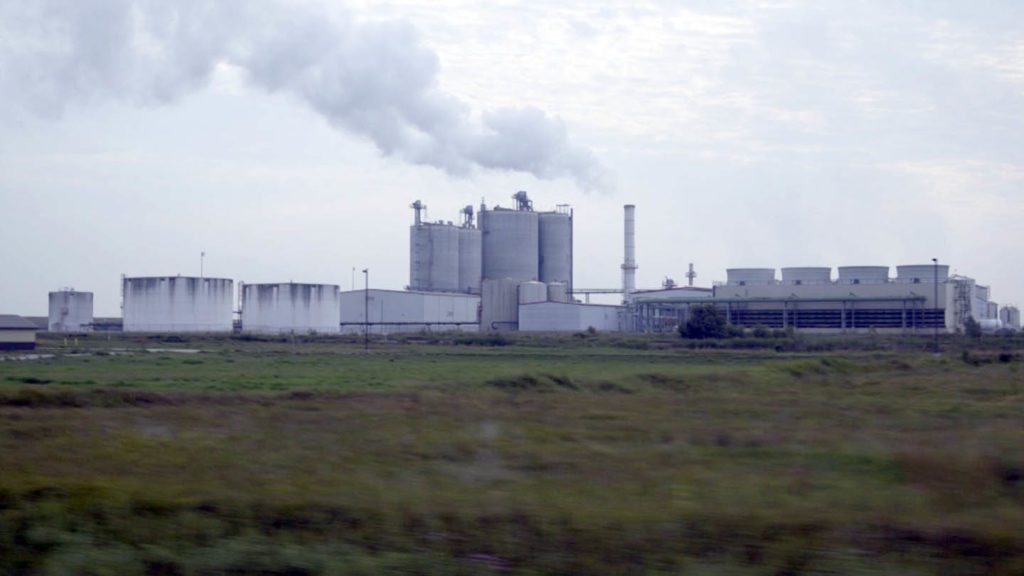Farmers in America are in crisis, and American agriculture is suffering. Decades of increasing consolidation in the food and agriculture sector have led to a handful of virtual monopolies that control every aspect of farming from seeds, to fertilizers, to livestock, to grain, to machinery, and potentially even the farmland itself.
Corporate domination – and the complicity of the federal government in allowing it – has put farmers at the mercy of agribusiness monopolies. The main result has been that agribusiness corporations have flourished while family farmers are disappearing. Biofuels policies, rather than addressing the problem of agribusiness domination over farmers, help prop it up and distract and delay from real solutions.
Agribusiness takes advantage of farmers in two ways: they try to pay them as little as possible for their crops, and they try to charge them as much as possible for their farming inputs.

Agribusiness companies lobbied Congress to cut “supply management” programs that reined in overproduction and ensured fair prices for farmers. Those programs were finally ended in the ’90s, leading to record increase in crop production. Today, prices for major crops are way below the cost of production, and the only way for farmers to get by is to compete with their neighbors and “get big or get out.” One third of Iowa’s farms have disappeared since the 1970s.
The second way that agribusiness takes advantage of farmers is by continuing to increase their production costs. Corporate agribusiness monopolies continually increase the cost of inputs like seeds, fertilizer, and machinery. Agribusiness companies squeeze farmers from both sides, and it is only getting worse, with reports that the U.S. Department of Justice has approved the merger between Monsanto and Bayer – which would make the biggest seed and pesticide companies in the world – and rumors that Archer Daniels Midland is prepared to merge with Bunge – making one company that would dominate corn and soybeans in the U.S. and giving farmers no alternative.
Politicians have promoted biofuels mandates as a way to help farmers by boosting demand from crops like corn and soybeans to make ethanol and biodiesel. However, biofuels mandates like the Renewable Fuel Standard (RFS) have not helped to stabilize farm prices, and have only contributed to price volatility. After a price boom from 2009-2013, prices are again at historic lows and farmers are in crisis.
The RFS also does nothing to challenge agribusiness control over agriculture. Even though the biofuels industry says it helps farmers, biofuels companies are agribusiness companies. They actually want overproduction and cheap corn and soybeans because this allows them to make ethanol and biodiesel that much cheaper. Any benefit farmers have received through agrofuels mandates boosting prices has by now been offset by agribusiness companies increasing the costs of production by charging more for seeds, fertilizers, and machinery.
Moreover, farmers get paid a small fraction of what food costs. Corporations need to pay farmers a fair price, just like they need to pay workers a fair, living wage. The movement for a $15 an hour minimum wage is taking off across the country, and it’s time to recognize that farmers – who sell their crops to corporations rather than get paid a wage – need fair prices, too. The current farm crisis points to the need for real solutions for farmers and rural America.
Farmers don’t need false solutions and dangerous distractions like biofuels mandates, they need supply management to stop overproduction and ensure a fair price, and they need the government to step up and break up these agribusiness monopolies.

